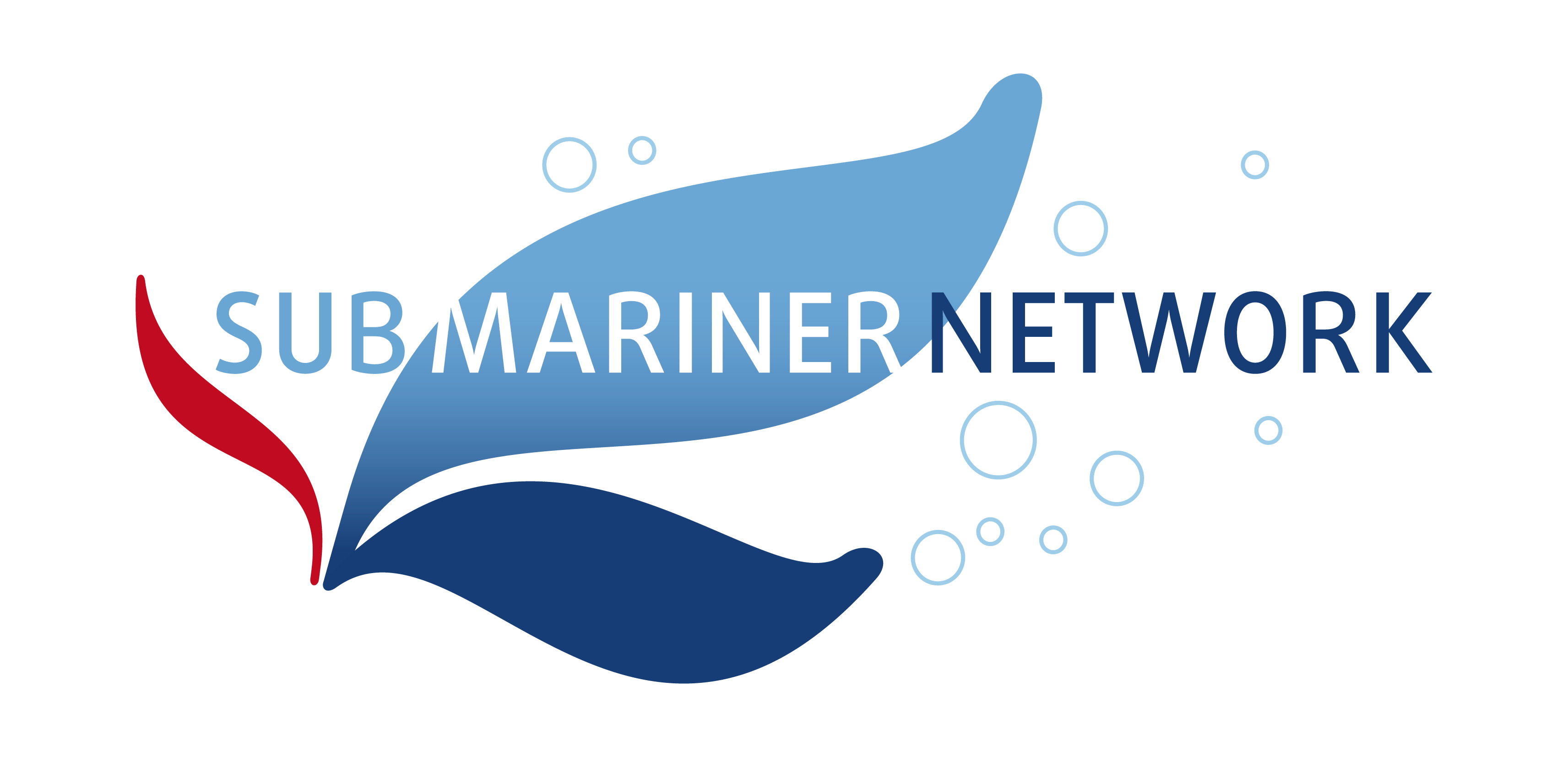New results show that mussel farms in the Baltic Sea can make a significant contribution to reducing eutrophication due to their ability to take up nutrients. If available in sufficient number, mussels can also provide a new sustainable (regional protein) resource for the feed industry or serve as a biological alternative to chemical fertilizers.
In order to take mussel farming in the Baltic to the next level, it is necessary to allow and fund more and larger demonstration sites to be installed in the coming years; to further advance cultivation and harvesting technologies; to gain better data through systematic monitoring and develop a coherent system, which optimizes the way of introducing mussels and the nutrients back into the food system by using them as a resource for feed production. It further needs to be clearly demonstrated to the feed industry that mussels for feed can be produced and delivered in sufficient amount and even bulk flow.
This will not only create a sustainable, circular system linking sea and land, but will also reduce reliance on imports and create a more climate friendly balance between exports and imports of nutrients in food, feed and fertilizers. Mussel farms offer complementary income for local fishermen, farmers and others looking for livelihood in the coastal region. Mussels also supply an ecosystem service by increasing water clarity and light penetration, thereby improving growth conditions for important aquatic plants. At present, the entire volume of the Baltic is filtered by the wild blue mussel population every year. Recent reported decrease in wild blue mussel populations due to invasive species preying on them might in part be mitigated by farming, as also the farmed mussel will filter water, but more importantly, release gametes to the wild. In addition, in all investigated ongoing Baltic mussel farms biodiversity has been promoted under the farm.
Mussel farms should also be allowed to serve as a compensation measure enabling new fish farms to be placed in selected places within the Baltic Sea. With todays’ fish production for consumption having collapsed in the Baltic Sea, there is a need for a sustainable fish farming, based on local proteins as well as low content of toxins compared to the concentrations in wild salmon populations. Fish farming on land will have a high need for energy – and thus a high climate impact, and may at the same time discharge nutrients to the environment, whereas fish farming in open cages have a higher discharge of nutrients but a lower consumption of energy. To develop sustainable fish farming in the Baltic Sea Region – this needs to go hand in hand with nutrient mitigation (such as mussel farming) and/or development of plans for renewable energy in the case of land-based aquaculture.


